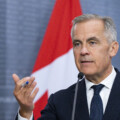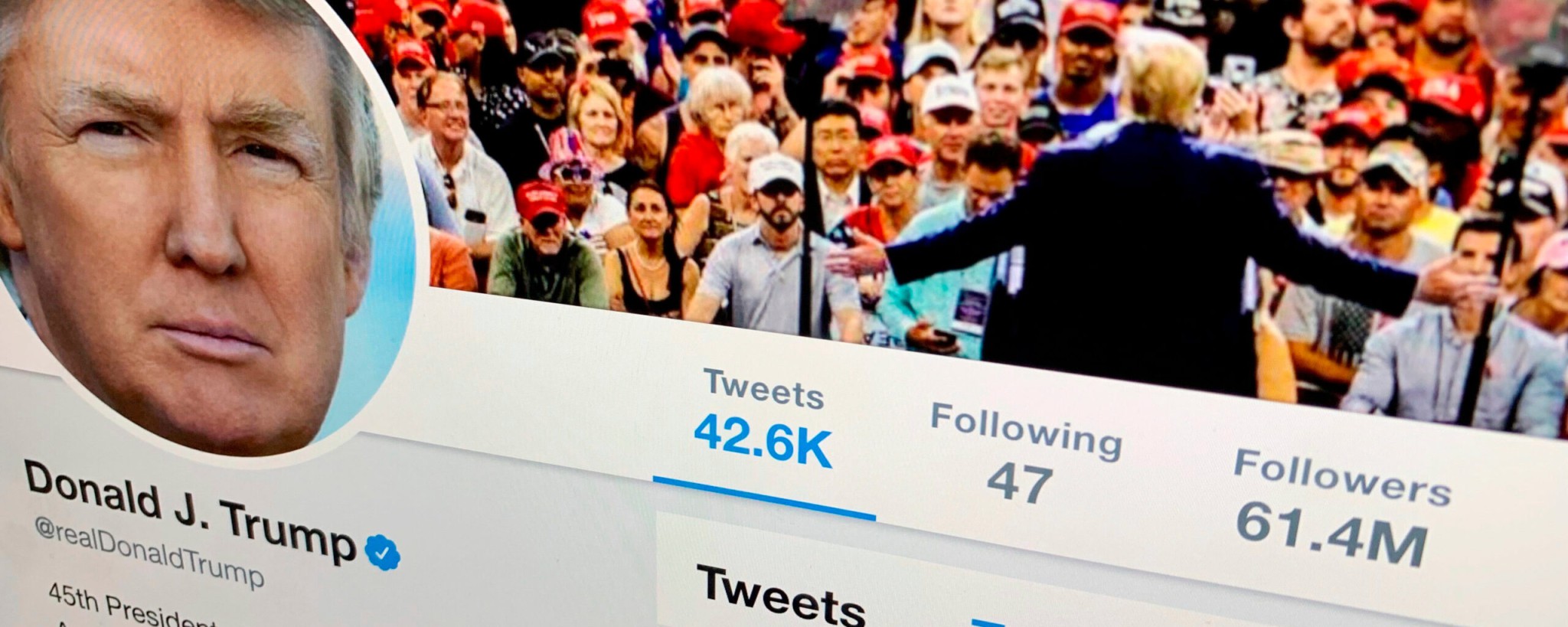Politicians need to kick the habit. Smoking? No. Social media. Just like smoking, the costs are too great for politicians to continue their addiction. The tweets and posts may give them a quick, cheap high but it’s killing them in the long run.
And sometimes, the short run is no better. Just ask the former Liberal candidate for MLA in Chatham-Kent-Leamington, who was dropped by the party last week for using a gay slur on Facebook. The candidate was 15 years old when he made the post.
In its early days, social media was a revolutionary tool to connect, persuade, and mobilize supporters. It was cool. Now cranky, crude, and toxic, it no longer holds its original promise of establishing a high quality, direct connection among people for knowledge sharing and positive engagement. Social media has now become a scourge on Canada’s political class.
Much has been written about its deleterious effect on its addicted users, particularly teens.“Research shows that teenagers’ use of social media goes hand in hand with increased teen depression and lower levels of life satisfaction. The frequency of a teen’s use of social media has a clear correlation to how they feel.” https://www.newportacademy.com/resources/mental-health/teens-social-media-addiction/ And much too has been written about its polarizing impact on wider political debate.Social media is making a bad political situation worse Let’s focus on a narrower point–the tendency of politicians to self-sabotage by their own foolish musings and by voluntarily subjecting themselves to online abuse.
Politicians have been using social media for almost twenty years but that doesn’t mean they need to keep using it. They should ask themselves this: what’s the upside now? Looking back, the results are in: ruined political careers; destroyed reputations; a non-stop invitation to trolls, with little to no upside gain in quality voter engagement.
Your voters aren’t reading your tweets
When I ran for Parliament in Toronto in 2021, I had no social media accounts. I didn’t have the time or the inclination to continuously post high-quality content or even the banal stuff. It didn’t matter. I doubt the local voters would have even noticed if I did. Unless you’re at Obama or Trump levels of followers, no one cares about a politician’s innermost thoughts blasted out on the internet.
When I was out door-knocking, people cared about the national party’s position on the larger, tangible issues, such as vaccine mandates. Others just wanted to turf the Liberals no matter what—a general comment—or didn’t trust us Tories to possess modern values—another general comment. And they wanted to take my measure as a person talking to them on their front steps. Did I know the neighbourhood? Why am I running? No one asked about my social media or lack thereof. They cared about real-world results and kitchen table issues.
Research and hard-won experience have shown that the conversation on Twitter doesn’t reflect what people are actually talking about. In his path to the Democratic nomination, Joe Biden ignored several social media “scandals” and voters were as uninterested as he was. They made him the nominee and, eventually, the president.
It’s no longer effective
The required immediacy of a post or tweet mitigates thought and analysis, which is what we need from our politicians. No decent politician can communicate with a 280-character limit; it isn’t enough space to add balance or qualifiers to a message. Users are forced to write something short and sharp, hence the unfinished thought, the offense, the snarkiness, and vitriol.
And there are better ways to communicate with your audience, at least the audience you care about. Twitter and Facebook are now echo chambers of politicians, journalists, and self-appointed activists, bickering with each other in a screeching feedback loop of tweets, posts, nasty replies, and blocks, all to no avail. A degrading 24/7 mud wrestling match for likes and shares and the bragging that comes with being blocked by someone who hates you online. It’s a cacophony that everyone has tuned out, like a dozen dogs barking all at once.
Social media is now only a direct connection to, and mobilizer of, those who have already self-selected as loving you or hating you. For the former, you’ve already got them. For the latter, the trolls who pounce on your every word, why subject yourself to that nonsense? It’s not worth it. Politicians won’t win any new converts. People follow the people they already like and insult those they already dislike. It’s just a platform for confirmation bias and petty amusement for both extremes on the spectrum.
Maybe Elon Musk can turn Twitter around4 Things Elon Musk Wants to Change at Twitter and maybe Mark Zuckerberg can do the same at Facebook but let’s face it. Twitter and Facebook are the political equivalents of the writing on the bathroom wall above the urinals. Walk away
Once looked upon as a useful tool for promoting a personal brand, social media may now be the instant destroyer of it. The only attention-getters are the career-ending social media foul-ups. How many politicians have lost their jobs or reputations because of an ill-advised, impulsive, or poorly written tweet? The list is lengthy and growing. It might be best to keep your innermost thoughts, at least the immediate ones, to yourself until you can process them a bit more. It’s one thing to be taken down by a scandal involving sex, gambling, drugs, or booze, with their tinges of excitement and indulgence. But to be taken down by a tweet? It’s not worth the risk.
The love-hate relationship
A love-hate relationship, psychologically speaking, is defined by simultaneous or alternating emotions of love and hate. Fits the case perfectly here.
Political leaders cannot lament the nastiness of political life but then shovel time, energy, and money into the very mechanisms that exacerbate it. If you play hockey, you can’t complain about being bodychecked. If you’re on social media, you can’t complain about the trolls. They come with the territory. It’s part of the game. If you don’t like it, quit
Facebook was the hippest company on Earth. It might now be the most investigated.the facebook files It now stands credibly accused of misinformation, manipulation, privacy leaks, spreading fake news and online hate, being a stooge of Russian intelligence, and even fomenting genocide in Burma. If political leaders care about promoting good corporate citizenship, as they loudly proclaim, then they should take a principled stand by deleting their Facebook accounts and withdrawing their millions in advertising.
Recommended for You

‘There is a political violence problem on the Left’: The problem with progressive leaders neglecting to police their own side

Need to Know: Canada once had a model immigration policy. How do we restore it?

‘The first test’: Hub Politics on what to expect from Carney and Poilievre as a fall budget looms

Rudyard Griffiths and Sean Speer: The far-Left has a problem with violence. Its elites need to speak up



